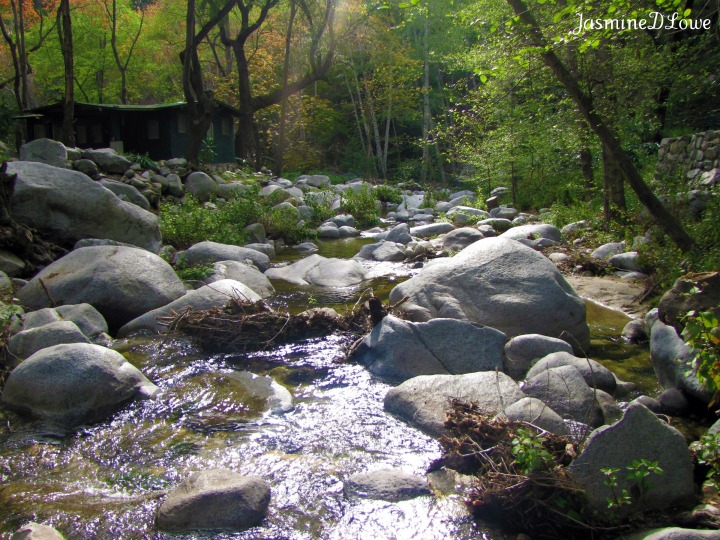“No one writes like that anymore,” she said. “No one takes their time to spin the right combinations of words in to a romantic piece of art; and by romantic, I don’t mean it in today’s sense, but in a way that implies beauty and splendor.”
I had to agree. People usually saved their eloquent lacing of adjectives and metaphors for poetry, and not storytelling. It’s more about the plot twists and thrills than it is about the ways in which the author delicately balances thousands of various ingredients for the reader to savor with their voracious hunger.
The way the sun dips into the boundless sea at the end of the day, like an orb of red hot and fiery metal being dipped in liquid to be hardened into tempered steel, doesn’t matter anymore. The way the warm sand on the beach shifts, sinks and grows in and around your bare feet isn’t a concern. Many want to hear a story, but they don’t want to read the words.
“I know,” I said. “Using words to explain the way that water, the giver of life, courses through almost everything that we see like a mighty force of omnipotence, and still has time to drip from kitchen faucets into plastic bottles for people to sip from is fantastic. We can turn water into words, answer questions about how it moves, and control its power with the flick of a pen.”

Beautifully said
LikeLike